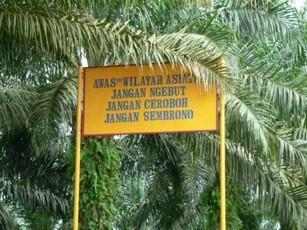DTE 93-94, December 2012
In this article we highlight some of the influences at work inside Indonesia which are contributing to the ongoing transfer of land from communities to corporations. These influences include national and local government policies, laws, governance and practices, whose provisions for supporting indigenous peoples and communities’ rights and livelihoods have been deprioritised in favour of large-scale, commercial ‘development’ projects. The result is a growing disparity between rich and poor, worsening imbalance in the control over agrarian resources and more and more conflicts between communities, private sector and the state.






